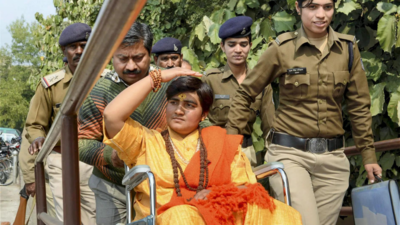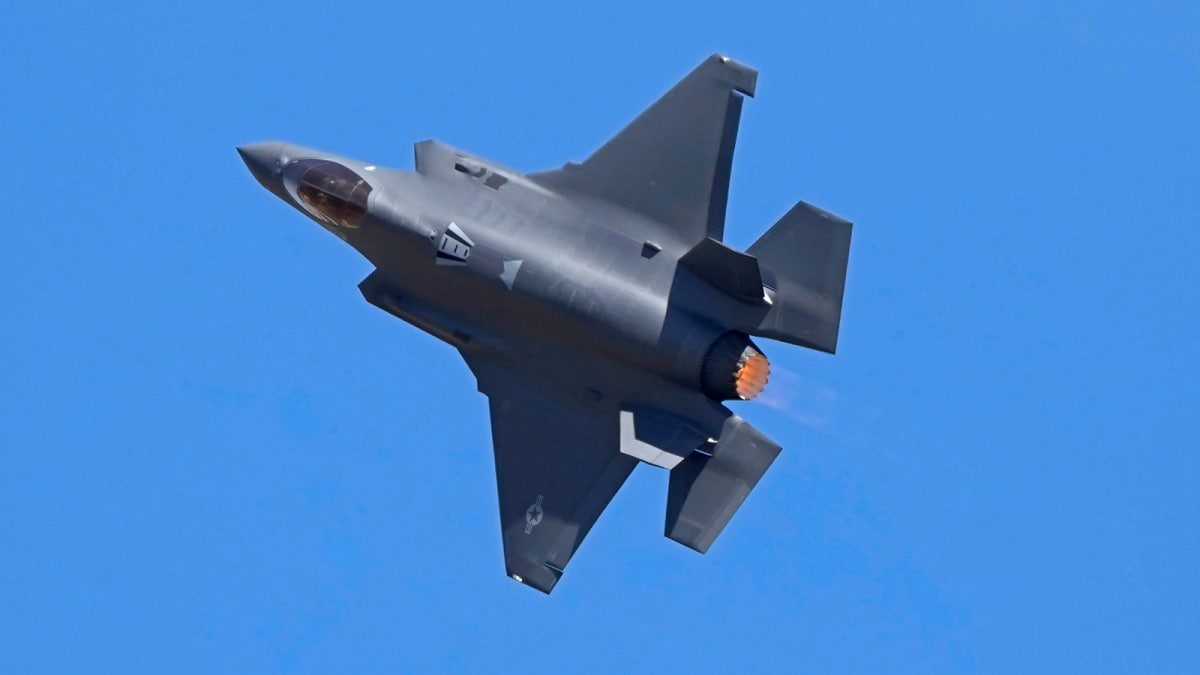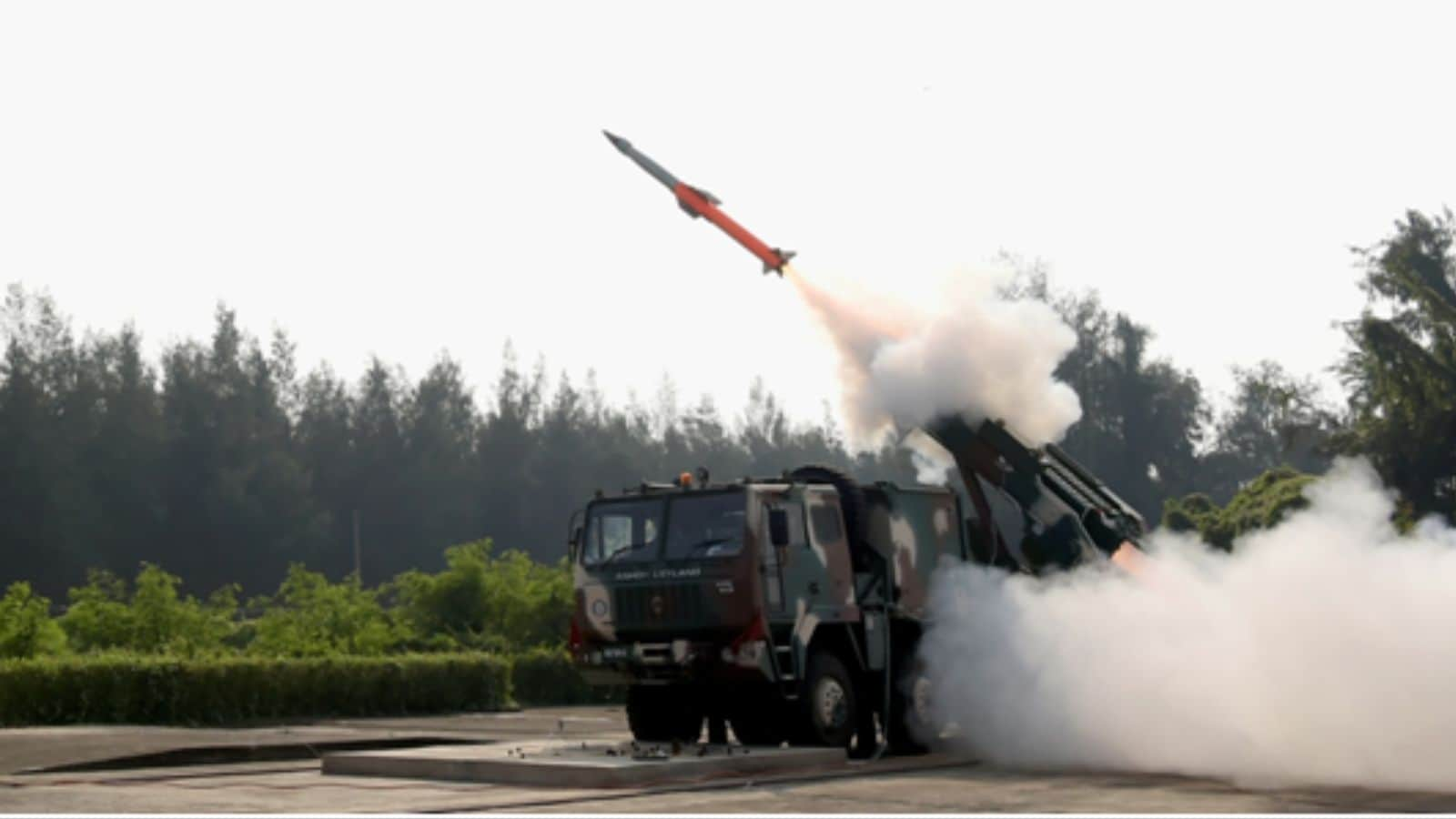ARTICLE AD BOX

MUMBAI: In the 1,036-page judgment in the Malegaon blast case, the judge found merit in allegations that the Anti-Terrorism Squad (ATS) had tortured witnesses and planted evidence. While the court dismissed torture claims from now- acquitted accused Pragya Thakur and Lt Col Prasad Purohit, it did find accused Sameer Kulkarni's claims of illegal detention to be credible.These findings against the agency echo those made by the Bombay high court in the 11/7 train blasts case judgment. The HC in its July 21 judgment discarded the evidence used to imprison 12 men for almost two decades. The HC also expressed serious doubts about the integrity of ATS's investigation methods. It held that confessions of the accused were a result of custodial torture. The court detailed brutal methods allegedly used by police to extract confessions, including, forcing individuals to split their legs 180 degrees, tying people to a chair all night, denying them food for long periods, placing cockroaches in vests and rats in underwear, along with severe beatings.The HC said, "Not allowing a person to sleep, making him stand the whole night with his arms tied above his head, or stretching his legs to 180 degrees, as has been repeatedly testified to by the accused, will not leave visible scars on the body, no matter how much this may bruise the mind or injure the psyche."In the Malegaon case, 39 of the 323 who resiled from their statements purportedly given to ATS too made allegations of torture.
The NIA judge expressed concern about methods of torture and illegal detention adopted by ATS officers and raised questions about credibility of evidence collected. A witness claimed he was forcibly taken by ATS officers in Nashik and interrogated late into the night. He alleged the officers threatened him and pressured him to give a statement that aligned with their narrative.
Feeling sick and fed up with the repeated calls and forceful detentions, he gave a statement as dictated by ATS.
He said the facts in that statement are baseless and had filed a complaint against ATS officers with the human rights commission. The judge concluded, "Thus, the possibility cannot be ruled out that his statement was recorded by browbeating and threatening him to face dire consequences. The testimony of this witness itself shows that his statement was involuntary and forceful. Such a statement cannot be relied upon."The judgment also called for an inquiry into the actions of ATS officer Shekhar Bagade, whose presence at an accused's house under suspicious circumstances was noted. The accused, Sudhakar Chaturvedi, was acquitted on charges of assembling the bomb. "Remnants of RDX which were found tilted towards the planting. Two Army officers testified that they had seen... Bagade in the house in suspicious circumstances holding one bag and carrying out some suspicious activities," the judge said.
Similarly in the train blasts case, HC made observations on the importance of genuine justice. "But creating a false appearance of having solved a case by presenting that the accused have been brought to justice gives a misleading sense of resolution."



.png)
.png)
.png)
















 2 hours ago
5
2 hours ago
5








 English (US) ·
English (US) ·